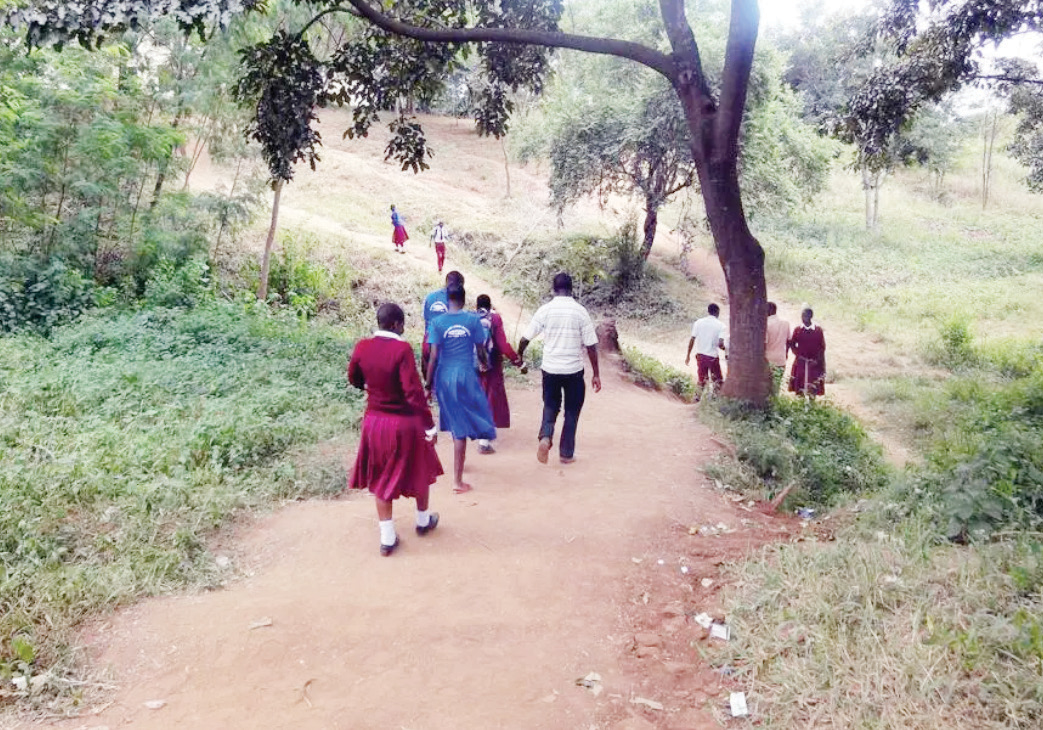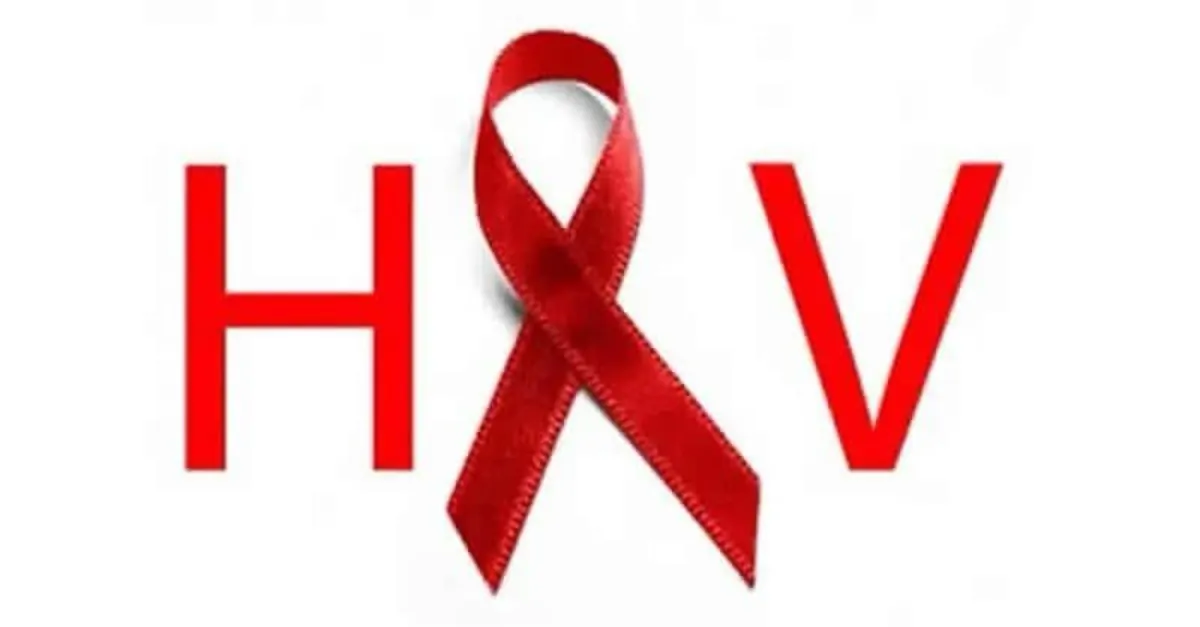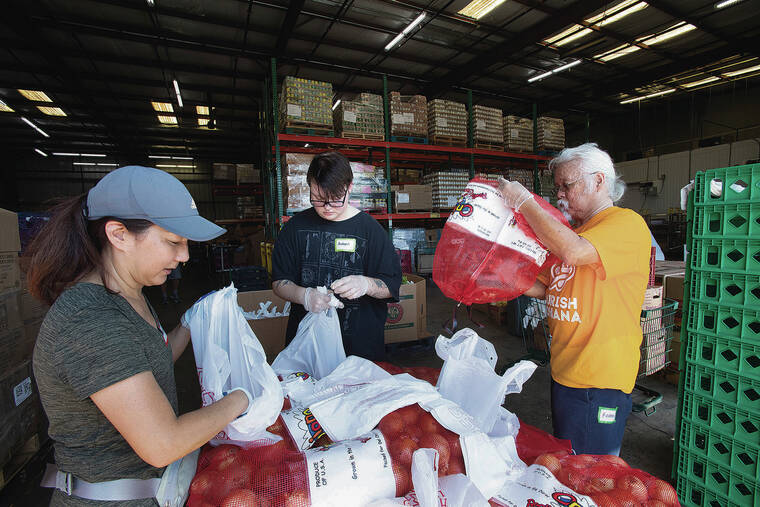Copyright times

It is ten o’clock in the morning in Ntcheu. The sun is already fierce, pressing down on the earth with a dry, relentless heat. Along a winding, dusty road, two 11-year-old girls walk barefoot, their plastic bottles of water already half empty. They move in quiet determination, the gravel biting at their feet, their faces set towards the local health centre, eight kilometres away. Their mission is simple yet profound. They want to understand their bodies, to ask questions about growing up and how to avoid pregnancy too soon. But in their village, answers are hard to find. When they finally reach the government-run health centre, their curiosity meets indifference. The facility is crowded, with women holding feverish babies, elderly men coughing in worn jackets and nurses moving briskly through the corridors. When their turn comes, the doctor barely glances at them. “I am handling serious illnesses,” he says sharply. “Come back in two weeks when we handle youth issues.” The girls look at each other, bewildered. Eight kilometres back home. Two more weeks of waiting. Their questions remain unanswered. For many young people across Malawi, this story is not unique; it is common. Youth-friendly health services (YFHS), meant to provide sexual and reproductive health information and care to adolescents, exist in theory but are inconsistent in practice. Many facilities only open their youth corners once every two weeks or even once a month, often due to staff shortages and limited funding. In desperation, the Ntcheu girls turn to a spiritual leader for guidance. But he is shocked by their questions and sends them away. Their innocence is treated as immorality, their curiosity silenced by stigma. Statistics paint a grim picture. A total of 37,246 girls aged 10 to 24 have fallen pregnant in just seven districts of Ntchisi, Blantyre, Rumphi, Mzimba North, Mzimba South, Ntcheu and Thyolo. Lundu Youth Club Chairperson Silvester Luwemba, representing youth from these areas, says the numbers reflect systemic neglect. “When young people go to health facilities and find that contraceptives are out of stock, they lose trust in the system. This pushes them into risky sexual behaviour and unintended pregnancies keep rising,” Luwemba explains. He says the irregular supply of contraceptives and condoms is a major cause of the crisis. “We just want consistent access to services and information that can protect our future,” he adds. At the Ministry of Health, Deputy Director of the Reproductive Health Directorate Dr Juliana Kanyengambeta Muwanga admits the concerns are real. Muwanga notes that despite efforts to reduce teen pregnancies, the rate has risen to 31 percent this year from 29 percent previously. She says teenage pregnancies contribute about 18 percent of maternal deaths. The health official adds that with funding challenges for sexual and reproductive health services, reducing teenage pregnancies to 15 percent by 2030 will be difficult. “Teenage pregnancies were at 29 percent in 2015 and remained at that level until this year, when they rose to 31 percent. As a ministry, we made a commitment through the Family Planning 2030 initiative that by 2030 our goal is to reduce teenage pregnancies to 15 percent. “The ministry, together with development partners, is implementing strategies to ensure that health facilities are adequately stocked,” Muwanga says. While her optimism seems encouraging, the reality remains dire. In rural areas, services are often inaccessible, and cultural barriers continue to discourage open discussions about sexuality. The 2016 Malawi Demographic and Health Survey revealed that 31 percent of rural girls aged between 15 and 19 had begun childbearing compared with 21 percent in urban areas. Rural girls, especially those with little or no education, tend to start sexual activity earlier, increasing their vulnerability to early pregnancies and maternal health risks. In Malawi’s classrooms, children are taught the basics of sexuality as part of the school curriculum. But in many churches, the topic remains taboo. General Secretary of the Malawi Council of Churches, Reverend Alemekezeke Phiri, acknowledges this tension. Phiri says the church reaches out to children with sexuality messages when they reach puberty, but he notes that nowadays children as young as ten are reaching that stage. He stresses the need for all stakeholders to agree on the right stage to reach out to the girl child with sexuality messages, saying elders are often shocked to see a young girl pregnant even before showing signs of puberty. “To be honest, some children are engaging in sexual activities as early as nine to twelve years. It is important for us to discuss whether, as churches, we need to wait until puberty or start earlier. “We need to agree on the appropriate age at which we can start talking to our children about sex and sexuality. When we wait until puberty, we already face problems,” Phiri says. In the current school curriculum, pupils learn about sex and sexuality at a young age, while churches still argue that such an age is too early for children to understand. Phiri admits the disconnect between schools and churches but stresses the need for consensus on the matter. This gap leaves children caught between two worlds; one that tells them to be informed and another that tells them to stay silent. According to Baldwi n Nkumbadzala from the Ministry of Youth and Sports, collaboration is key. His ministry works closely with the Ministry of Health to raise awareness and educate the youth about healthy growth. “We play a role in civic education and comprehensive sexuality education, but the mandate for reproductive health services lies mainly with the Ministry of Health,” he says. Despite these efforts, coordination challenges and inadequate funding continue to limit progress. Youth-led organisations like Lundu Youth Club say more must be done to ensure that services are available, accessible, confidential and non-judgemental. Stefan Jansen, Country Director of Norwegian Church Aid— DanChurchAid, which provides support in sexual and reproductive health and rights issues in Malawi, warns teenage pregnancies are not just a health matter but a national development concern. “The key drivers are poverty, limited access to family planning services and shortages of reproductive health commodities,” he says. “Religious and community leaders must be engaged to break taboos and improve communication between parents and children.” Teenage pregnancies often end schooling for young girls, perpetuating cycles of poverty. According to Unicef, teenage mothers are more likely to drop out of school, have limited job opportunities and face greater risks during childbirth. Back to Ntcheu, the two frustrated girls start their long walk home, tired, confused but still curious. They are among thousands of young Malawians seeking answers in a system that seems to rarely listen.



